
The advent of 5G technology
A significant 5G technology turning point in the development of telecommunications is the introduction of 5G technology. 5G is going to change how we interact with the digital world. It promises faster internet speeds, better connectivity, and a lot of new innovation opportunities. In this blog, we will look at how 5G will affect internet connectivity and speeds as well as the potential new innovations this technology could bring to a variety of industries.
Internet Speeds: A Quantum Jump Forward
One of the most commended parts of 5G innovation is its emotional speed up. 5G is designed to deliver peak speeds of up to 20 Gbps, whereas 4G LTE networks offer maximum speeds of approximately 1 Gbps. This jump in speed isn’t just about quicker downloads; it’s tied in with empowering an unheard-of degree of web utilization.
Enhanced User Experience
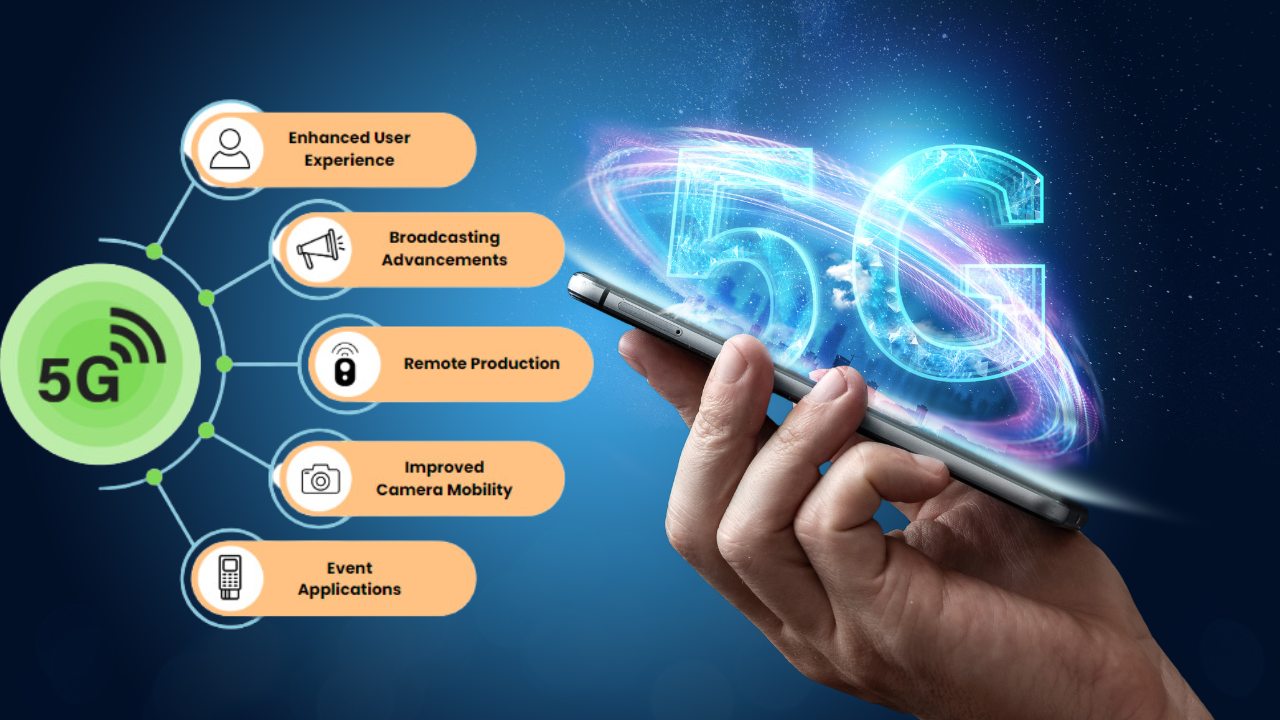
Enhanced User Experience With 5G, it will be easy to use augmented and virtual reality applications, stream high-definition videos, and play games in real-time. Buffering and lag, two common issues with existing networks, will be significantly diminished, if not eliminated. This translates into smoother and more pleasurable online experiences for customers, whether they are watching a movie, participating in a multiplayer game, or a virtual meeting.
Business and Modern Applications
For organizations, the speed of 5G means faster information moves, more proficient distributed computing, and the capacity to use trend-setting innovations, for example, man-made reasoning and AI continuously. These speed enhancements will be beneficial to industries like finance, healthcare, and entertainment that rely on massive amounts of data. Financial transactions, for instance, will be completed more quickly, medical imaging will be more detailed and shared with professionals more quickly, and content creators will be able to produce and distribute media of a higher quality with greater efficiency.
Connectivity: Expanding the Network While speed is important, 5G’s effect on connectivity may be even more significant. Compared to 4G’s limit of 100,000 devices per square kilometer, 5G is anticipated to connect up to one million devices. The Internet of Things (IoT) and device connectivity will benefit greatly from this significant increase in capacity.
Internet of Things (IoT)
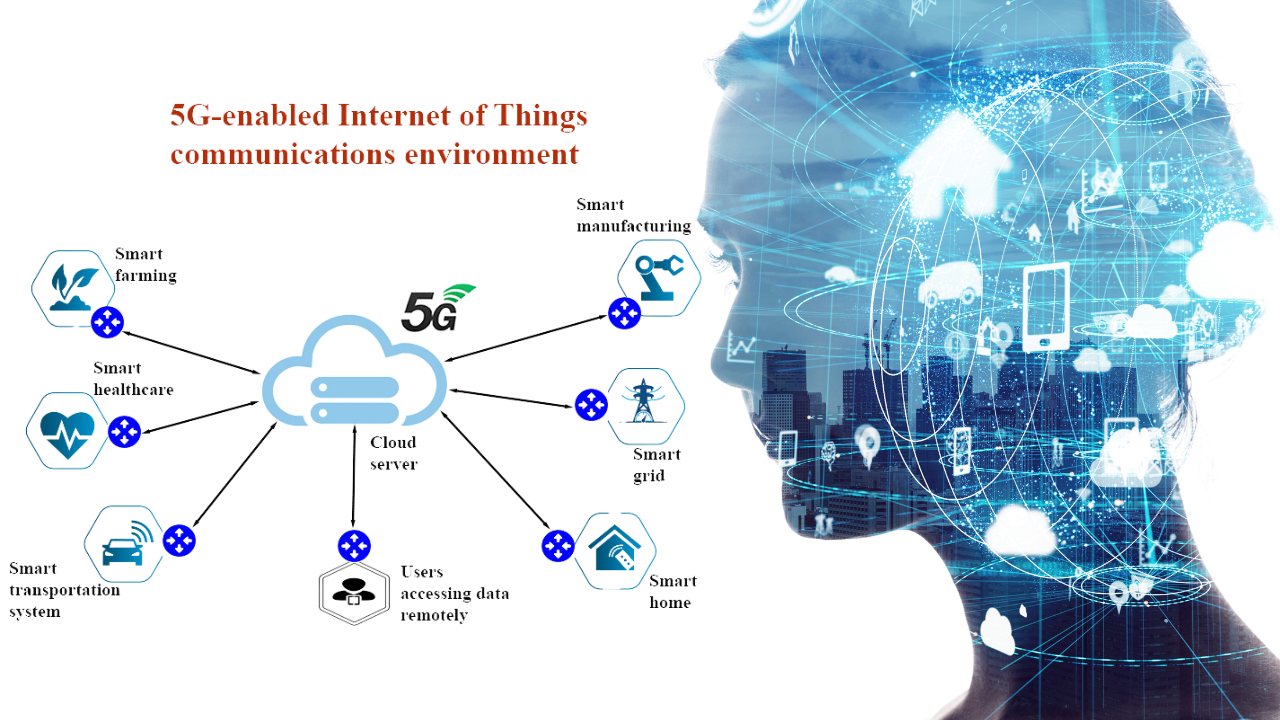
The Internet of Things, or IoT, is a network of interconnected devices that share data and communicate with one another. With 5G, the vision of a completely associated world is nearer to the real world. Smart cities, connected cars, and smart homes are just the beginning. It is possible to remotely connect, monitor, and control everything from household appliances to industrial machinery, resulting in increased productivity, decreased expenses, and enhanced quality of life.
Smart Cities
5G connectivity will be extremely beneficial to smart city initiatives. Real-time data collection and analysis from millions of sensors embedded in urban infrastructure will be possible with increased network capacity and low latency. This can prompt more effective traffic to the executives, better open well-being, streamlined energy utilization, and further developed squander the board frameworks. Residents will encounter more responsive city administrations, and states will have better devices for overseeing metropolitan development and maintainability.
Innovations: Paving the Way for the Future
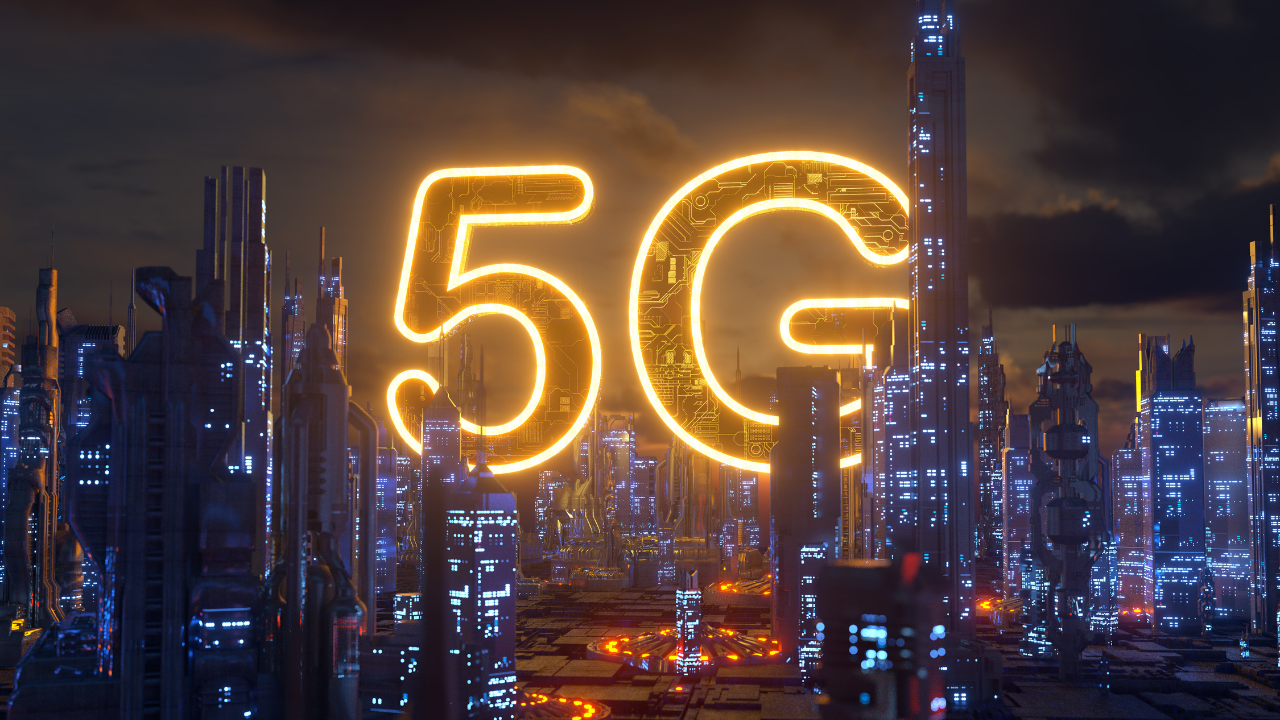
Innovations: Paving the Way for the Future 5G‘s increased connectivity and high speeds will undoubtedly inspire a new wave of innovation in a variety of industries. The following are some areas where 5G could make significant progress:
Autonomous vehicles (AVs) communicate with other vehicles and infrastructure through real-time data from numerous sensors. The safe operation of AVs is dependent on 5G’s low latency and high reliability. With 5G, vehicles can quickly process a lot of data and make decisions in a split second, which makes them safer and more efficient on the road. In addition, the widespread use of AVs may result in lessening traffic congestion, lowering emissions, and making better use of urban space.
During the COVID-19 pandemic, healthcare telemedicine gained prominence, and 5G has the potential to take it to the next level. Examples of how 5G can revolutionize healthcare include real-time patient monitoring, remote surgery, and high-definition video consultations. Real-time data sharing can improve diagnosis and treatment outcomes, allowing doctors to provide better care to patients in remote areas. In addition, 5G-connected wearable health devices can continuously monitor patients’ vital signs and notify healthcare providers of potential problems before they become serious.
Media and Entertainment With 5G, the media and entertainment industries are about to undergo a transformation. Experiences in virtual reality (VR) and augmented reality (AR) will become more interactive and immersive, leading to the development of novel forms of media and entertainment. High-quality content, such as 4K and 8K video, will be produced and distributed more quickly with high-speed data transfers. Live occasions, like shows and sports, can be gushed continuously with negligible inertness, furnishing crowds with uncommon review encounters.
Modern Computerization
Ventures like assembling, planned operations, and farming can saddle the force of 5G for robotization and proficiency. The low latency and high reliability of 5G make it possible to precisely control machinery and analyze data in real time. In assembling, this implies more proficient creation lines and prescient upkeep, lessening personal time and expenses. In coordinated factors, it empower better following and the board of products all through the store network. 5G can support precision farming methods in agriculture, maximizing crop yields and resource utilization.
Challenges and Considerations
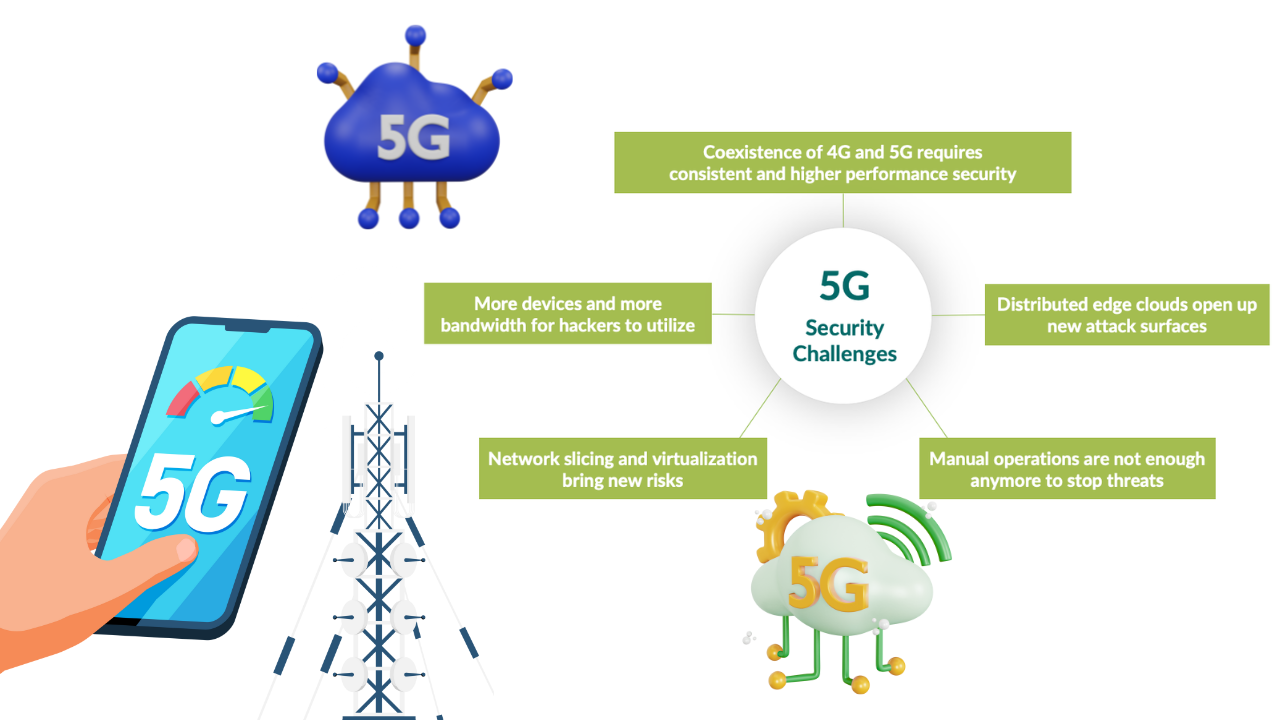
Despite 5G’s enormous potential, widespread adoption faces challenges. Telecom providers, governments, and industries all need to work together to coordinate the deployment of 5G infrastructure, which will require significant investments. Additionally, there are concerns regarding privacy and security because the increased connectivity may increase the vulnerability of networks to cyberattacks.
Also, there is the issue of range allotment. 5G expects admittance to higher recurrence groups, which can be restricted and require administrative endorsement. The sending of little cells (low-fueled cell base stations) is likewise important to guarantee complete inclusion, especially in thickly populated metropolitan regions.
Conclusion
5G innovation addresses a quantum jump in web velocities and networks, with the possibility to drive development across a large number of areas. The impact of 5G will be profound and far-reaching, ranging from enhancing user experiences and enabling smart cities to revolutionize the healthcare, entertainment, and transportation sectors. The future shaped by 5G promises to be more connected, efficient, and innovative than ever before as we navigate deployment and adoption challenges.
FAQs
1. What is 5G technology?
5G is the fifth generation of mobile network technology, offering significantly faster internet speeds, enhanced connectivity, and lower latency compared to previous generations. It enables a wide range of new applications and innovations across various industries.
2. How does 5G improve internet speeds?
5G technology provides peak speeds of up to 20 Gbps, compared to 4G LTE’s maximum of 1 Gbps. This dramatic increase in speed allows for faster downloads, smoother streaming, and real-time data processing.
3. What is the impact of 5G on connectivity?
5G can connect up to one million devices per square kilometer, significantly enhancing network capacity. This improvement supports the growth of the Internet of Things (IoT), enabling more devices to be interconnected and communicate efficiently.
4. How will 5G technology benefit smart cities?
5G will enhance smart city initiatives by enabling real-time data collection and analysis from millions of sensors. This leads to improved traffic management, better public safety, optimized energy usage, and more efficient waste management systems.
5. What are the potential applications of 5G in healthcare?
5G can revolutionize healthcare through high-definition video consultations, remote surgery, and real-time patient monitoring. It enables better care for patients in remote areas and enhances diagnosis and treatment outcomes with real-time data sharing.
6. How will 5G impact the entertainment and media industry?
5G will enable more immersive and interactive experiences in virtual reality (VR) and augmented reality (AR). It allows for faster production and distribution of high-quality content, such as 4K and 8K video, and provides real-time streaming of live events with minimal latency.
7. What are the benefits of 5G for industrial automation?
5G supports industrial automation by providing precise control of machinery and real-time data analysis. It enhances manufacturing efficiency, reduces downtime with predictive maintenance, improves logistics tracking, and supports precision farming in agriculture.
8. What challenges does the deployment of 5G face?
The deployment of 5G requires significant investment in infrastructure, coordination among telecom providers, and regulatory approval for spectrum allocation. Additionally, there are concerns about network security and privacy, as well as the need for extensive small cell installations for comprehensive coverage.
9. How does 5G enable autonomous vehicles?
5G’s low latency and high reliability are crucial for the operation of autonomous vehicles. It allows AVs to process vast amounts of data in real-time and communicate with other vehicles and infrastructure, improving safety and efficiency on the roads.
10. What are some innovative applications of 5G technology?
Innovative applications of 5G include enhanced smart city services, advanced telemedicine, immersive VR and AR experiences, industrial automation, and the safe operation of autonomous vehicles. These applications leverage 5G’s speed, connectivity, and low latency to create new possibilities in various fields.
For more information and to enhance your online presence, visit DOnline360, a digital communication agency offering comprehensive services including web design and development, digital marketing, SEO, content creation, and social media management. DOnline360 focuses on creating visually appealing, functional, and user-friendly websites tailored to their clients’ needs.
Blockchain and Cryptocurrencies
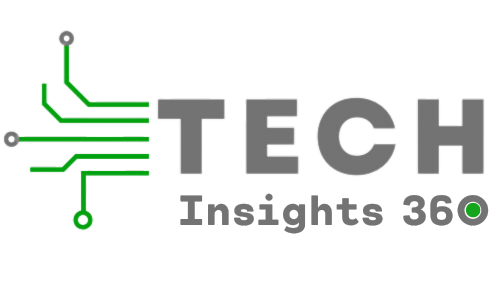
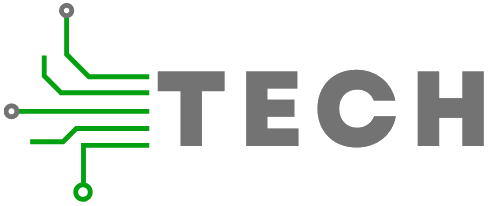

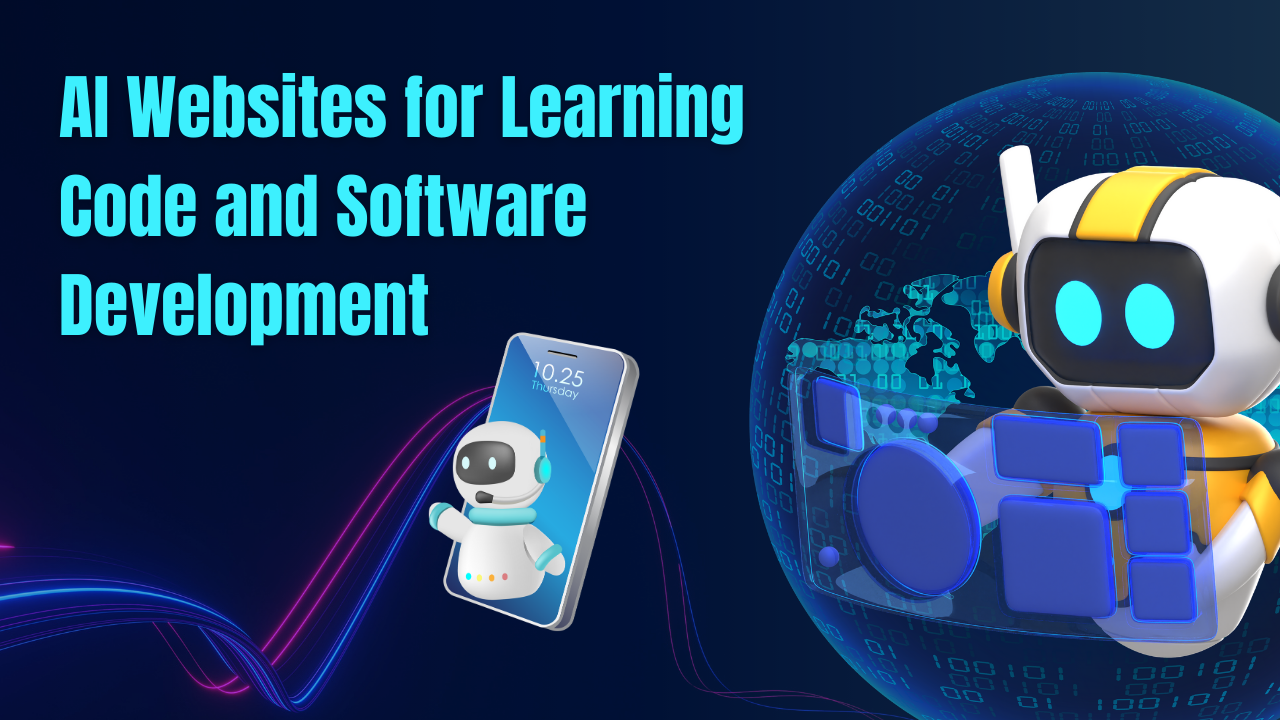
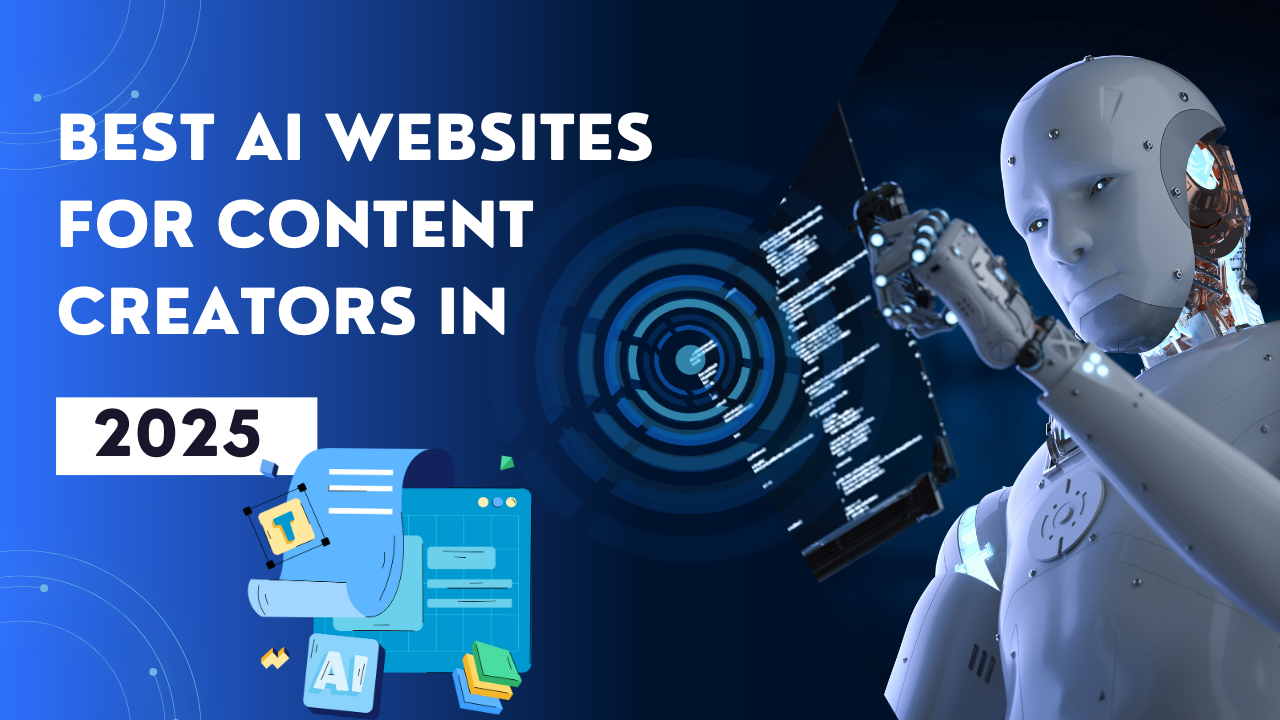
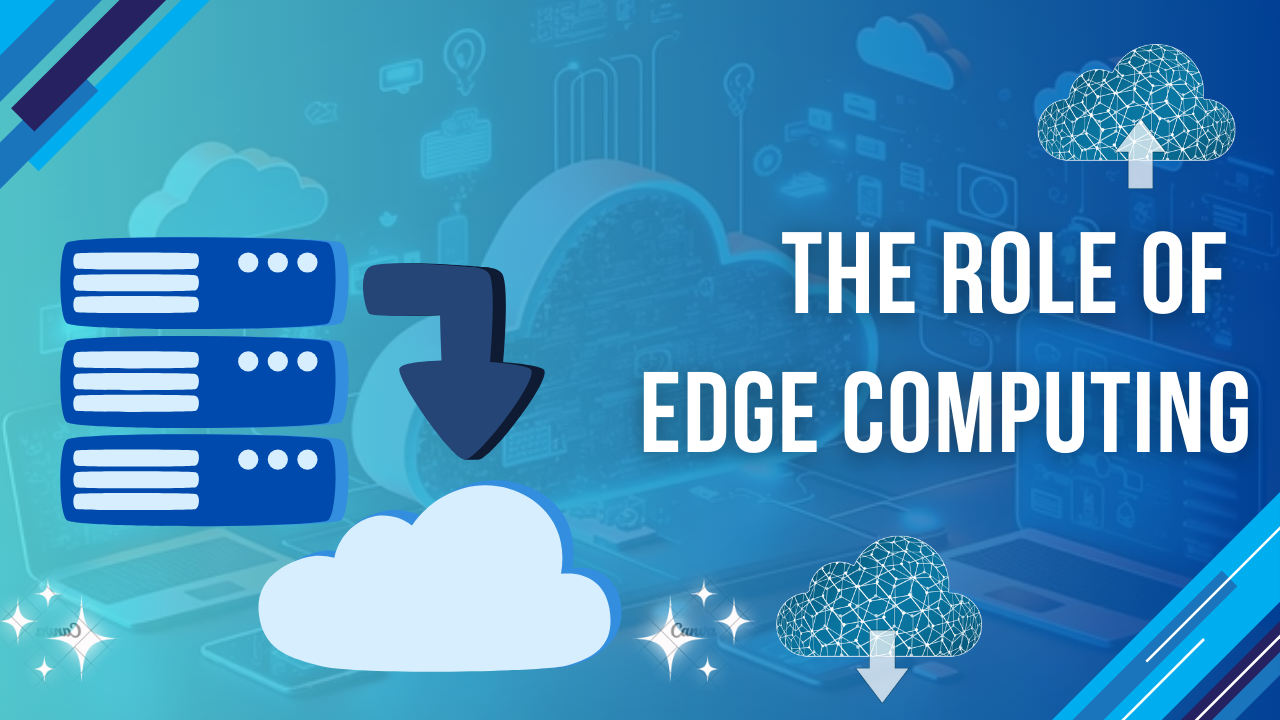
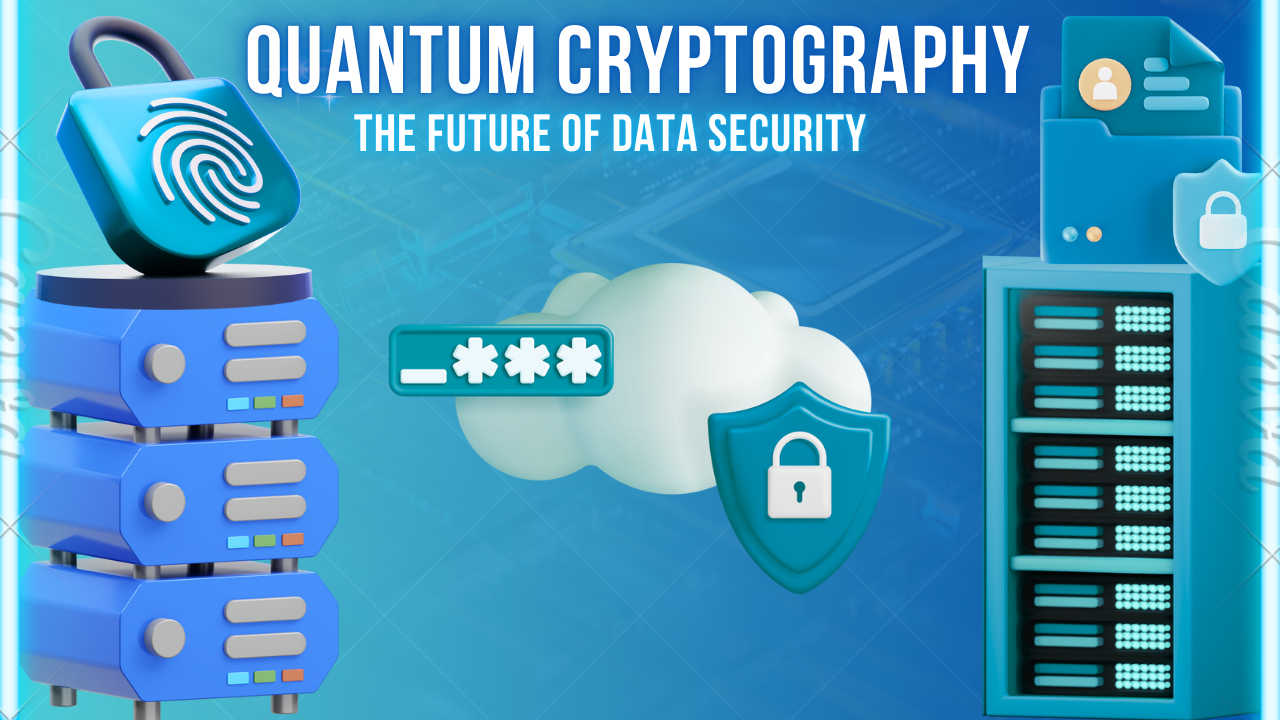
4 Comments
Your comment is awaiting moderation.
thanks for info.
Your comment is awaiting moderation.
How to Prevent Dangerous Imbalance and Extend Equipment Lifespan?
Vibration issues in industrial machinery lead to increased wear, higher energy costs, and unexpected failures. Balanset-1A is a professional portable balancer and vibration analyzer designed to detect and correct imbalance in rotors, fans, turbines, and other rotating equipment.
Why choose Balanset-1A?
– High-precision vibration diagnostics
– Easy-to-use software
– Compact and portable design
– Two kit options to meet your needs:
Full Kit on Allegro: Balanset-1A device, Vibration sensors, Software & mounting accessories, Hard carrying case
Price: 9990,00 zl
OEM Kit on Allegro: Balanset-1A device, Basic sensors, Software
Price: 8800,00 zl
Ensure longer equipment lifespan and reduce costly downtime with Balanset-1A.
I found this article on 5G technology to be very informative and well-written. The section on the benefits of 5G over previous generations of mobile networks was particularly enlightening. I look forward to more articles like this on emerging technologies. Great job!
Thank you, Layla, for your positive feedback! We’re thrilled to hear that you enjoyed the article. We’ll continue to bring you more content on emerging technologies. Your support means a lot to us!
This is an excellent article on 5G technology! The in-depth analysis and clear explanations really help in understanding the potential and challenges of this technology. I’m particularly interested in how 5G will impact IoT and smart cities. Keep up the great work!
Thank you, Ahmed, for your kind words! We’re glad you found the article informative. 5G’s impact on IoT and smart cities is indeed fascinating, and we’ll be sure to cover more on this topic in the future. Stay tuned!